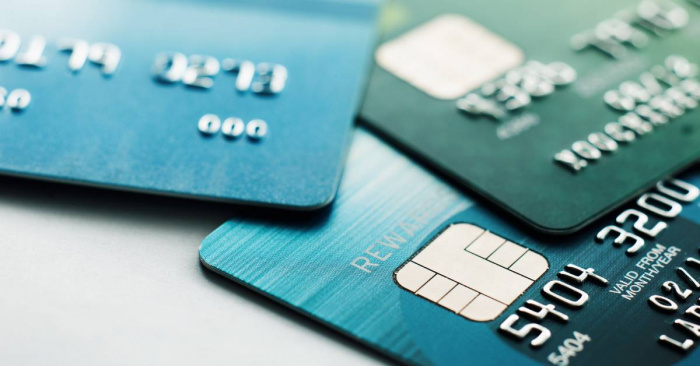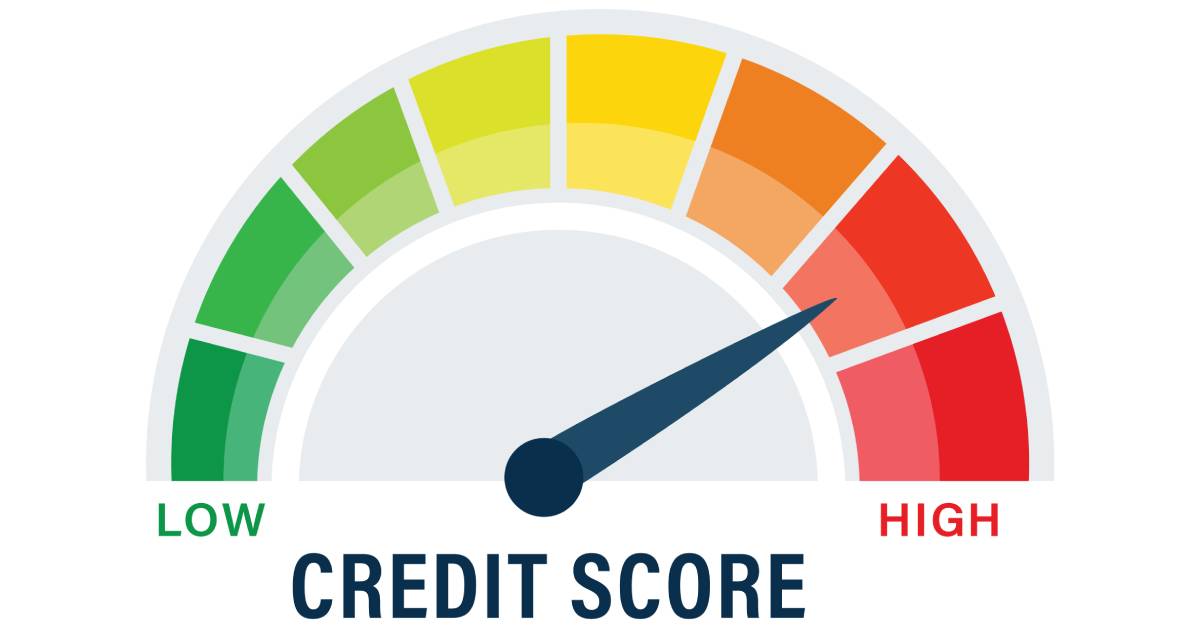
Your credit score is a numerical representation of your creditworthiness. It influences the interest rates you qualify for, including those for low-rate credit cards.
Low-rate credit cards come with lower interest rates, making them an attractive option for those looking to save on interest charges. Here's what you need to know about the credit score you need for a low-rate credit card.
What Credit Score Qualifies You for a Low-Rate Credit Card?
To qualify for a low-rate credit card, you generally need a credit score of 700 or higher. This puts you in the “good” to “excellent” credit range, which most lenders prefer for low-interest rates.
Credit union lenders can potentially approve individuals with lower scores, but they may charge higher rates. Credit unions and other lenders often have specific requirements for their low-rate credit cards.
They typically offer better rates to members with high credit scores. Therefore, maintaining a good credit score is important for securing a low-rate credit card.
How Does Credit Score Affect Credit Card Approval?
A higher credit score can increase your chance of getting approval for a low-rate credit card. Lenders use your credit score to determine your risk as a borrower. Lower scores indicate higher risk, leading to higher interest rates or even denial of credit.
Credit scores also affect the terms and conditions of your credit card. A better score can result in higher credit limits and more favorable repayment terms. Therefore, aiming for a high credit score is beneficial.

What Factors Determine Your Credit Score?
Several factors, including payment history, credit utilization, and length of credit history, determine your credit score. Payment history accounts for 35% of your score. Credit utilization, or the percentage of your available credit you use, makes up 30% of your score.
The length of your credit history contributes 15% to your score, and a credit mix (multiple types of loan accounts you hold, such as credit cards, student loans, mortgages, and car loans), accounts for 10% of your score.
What Are Ways You Can Improve Your Credit Score?
There are a variety of ways you can get the credit score you need for a low-rate credit card. First, always pay your bills on time, as late payments can negatively impact your score. If your credit card balances are high, work on gradually reducing them, as that will help improve your credit utilization rate.
Another way to boost your score is to avoid opening new credit accounts unnecessarily. Each inquiry can lower your score slightly. Your overall focus should be on building a longer credit history with timely payments and low balances.
How To Check Your Current Credit Score
Many credit card issuers and financial institutions offer free credit score monitoring. You can also request a free annual credit report from the three major credit bureaus—Equifax, Experian, and TransUnion.
Monitoring your credit score regularly helps you stay aware of any changes. It also allows you to spot any errors that could negatively impact your score, giving you the chance to correct them promptly.

Types of Low-Rate Credit Cards Available for Different Credit Scores
When it comes to low-rate credit cards, there are several options available, each with different eligibility requirements and benefits. Understanding the types of low-rate credit cards can help you determine which one is best suited for your current credit score.
1. Secured Credit Cards
Secured credit cards require a security deposit upfront, which acts as collateral for the lender in case of default. These cards are generally directed toward individuals with lower credit scores or no credit history at all. The amount of the security deposit usually determines your credit limit.
Secured credit cards can be a great option for those looking to build or improve their credit score. By using the card responsibly, making timely payments, and keeping low balances, you can show creditworthiness and potentially qualify for an unsecured low-rate credit card in the future.
2. Student Credit Cards
Student credit cards are specifically designed for college students who are starting to build their credit history. These cards often come with lower credit limits and interest rates, making them a suitable option for students who may not have a long or established credit history.
To qualify for a student credit card, you typically need to be already enrolled in a college or university. Some lenders may also require a co-signer if you have a limited income or no credit history.
3. Balance Transfer Credit Cards
Balance transfer credit cards allow you to transfer existing credit card balances to a new card with a lower interest rate. This can be an effective strategy for consolidating debt and saving on interest charges.
To qualify for a balance transfer credit card, you generally need a good or excellent credit score. Some cards may also offer introductory 0% APR periods, making them an attractive option for those looking to pay off their balances without accruing additional interest charges.
4. Rewards Credit Cards
Rewards credit cards offer various incentives, such as cashback, travel points, or discounts on purchases. These types of cards usually require higher credit scores to qualify and come with higher interest rates compared to other low-rate credit cards. Before choosing a rewards credit card based on the benefits offered, make sure to consider the overall cost of the card, including any annual fees or interest charges.
How To Choose the Best Low-Rate Credit Card
When choosing the best low-rate credit card, consider the interest rates, fees, and rewards programs. Look for cards that offer the lowest interest rates and minimal fees. Some cards may also offer introductory 0% APR periods, which can be beneficial.
Additionally, consider the rewards and benefits offered by the card. While the primary goal is to get a low rate, rewards like cashback or travel points can add value. Compare different cards to find one that fits your needs and preferences.
By maintaining a good credit score, monitoring your credit regularly, and choosing the right card, you set yourself up for financial success. Contact Democracy Federal Credit Union to explore your options and secure the best possible terms.

